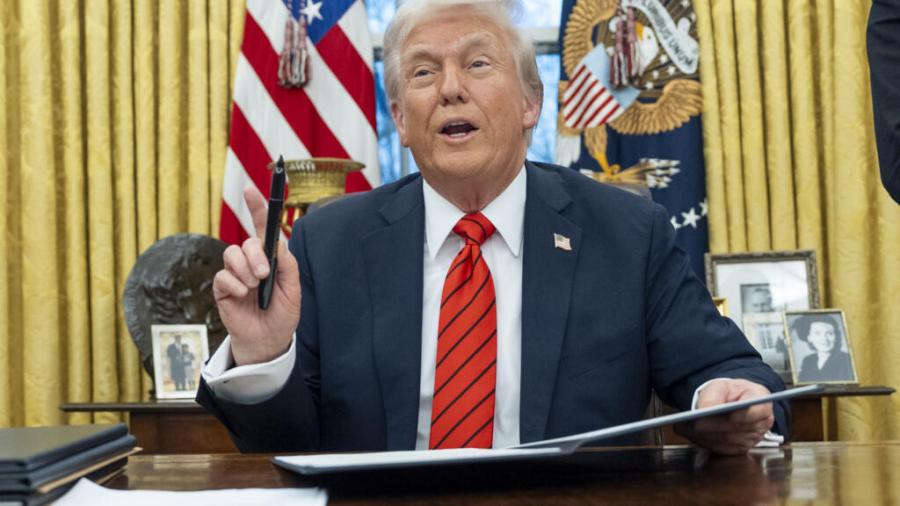
According to a recent public opinion survey published by The Wall Street Journal and the NORC Research Center, pessimism about the U.S. economy has reached an all-time high. The survey reveals that the vast majority of respondents believe the "American Dream" is no longer a reality, and they are deeply concerned about the future of the U.S. economy. The results indicate that many Americans hold a pessimistic view about their future standard of living, believing the economic outlook is grim, with rising living costs and housing issues causing significant distress.
Economic Outlook: Pessimism Dominates
Only a quarter of U.S. adults believe they have a good chance of improving their standard of living. In contrast, 45% of respondents think the U.S. economy will worsen in the next year, while 29% believe it will remain unchanged. Only one-quarter of respondents think the economic situation could improve. These statistics highlight the general economic pessimism prevalent among the American public.
Additionally, regarding the current state of the U.S. economy, 56% of respondents consider the economy to be "bad" or "not very good." On the other hand, about 44% think the economy is "excellent" or "good," which is an increase of 6 percentage points compared to last year. However, this rise has not alleviated the general concern about the future economic direction. The survey data also shows that nearly half of the respondents (47%) are satisfied with their current financial situation, with about 22% being very satisfied. Yet, 30% of respondents are completely dissatisfied with their financial status.
The "American Dream" Becomes a Fantasy
The survey further reveals that 71% of Americans believe the "American Dream" no longer exists or never existed in the first place. The "American Dream," which embodies the ideal that hard work and intelligence can lead to economic success and social status, is now seen by many as a myth. Only 31% of respondents believe the American Dream is still achievable, reflecting a general pessimism about social mobility and opportunities for wealth accumulation.
Rising Living Costs and Inflationary Pressure
Rising prices have become a major concern for the American public. Around 28% of respondents state that the increasing cost of living has placed significant economic pressure on them, while 32% say the rising living costs have caused some mild financial strain. Only 30% believe that living costs are not an issue right now, but if prices continue to rise, it will become a problem. Just 10% of respondents say they are not concerned about future price hikes.
Housing Issues: Lack of Confidence
Housing is another crucial issue for Americans. The survey shows that only 23% of Americans are confident that they will be able to afford a home in the future. The vast majority (56%) express a lack of confidence in their ability to buy a home, or they have no confidence at all. The high costs of housing and rising mortgage rates are making homeownership increasingly out of reach for many Americans, and this is another aspect of the current economic difficulties that causes significant anxiety among the public.
The "American Dream" Slowly Fading
In conclusion, the survey results reflect widespread dissatisfaction among Americans with the current state of the economy and deep concerns about the future. Whether it is their assessment of personal financial situations or their views on the "American Dream," many people feel that the social and economic environment has fundamentally changed. Issues such as rising prices, housing problems, and income inequality are intensifying the economic pressure on the public, leaving them uncertain about the future. In this context, how to improve the economic environment and restore public confidence in the future will be an important challenge for the U.S. government and society as a whole.

On January 4th local time, Trump warned India that if it does not limit its purchase of Russian oil, the United States will continue to raise tariffs on Indian products. Trump's latest warning sent shockwaves through the Indian financial market in just one day.
On January 4th local time, Trump warned India that if it do…
In October 2025, the US trade deficit narrowed unexpectedly…
According to the British media CoinJournal, recently, due t…
In January 2026, US President Trump once again set his sigh…
Europe is facing a crucial strategic choice: In the face of…
On New Year's Day 2026, BMW China announced a "systematic v…